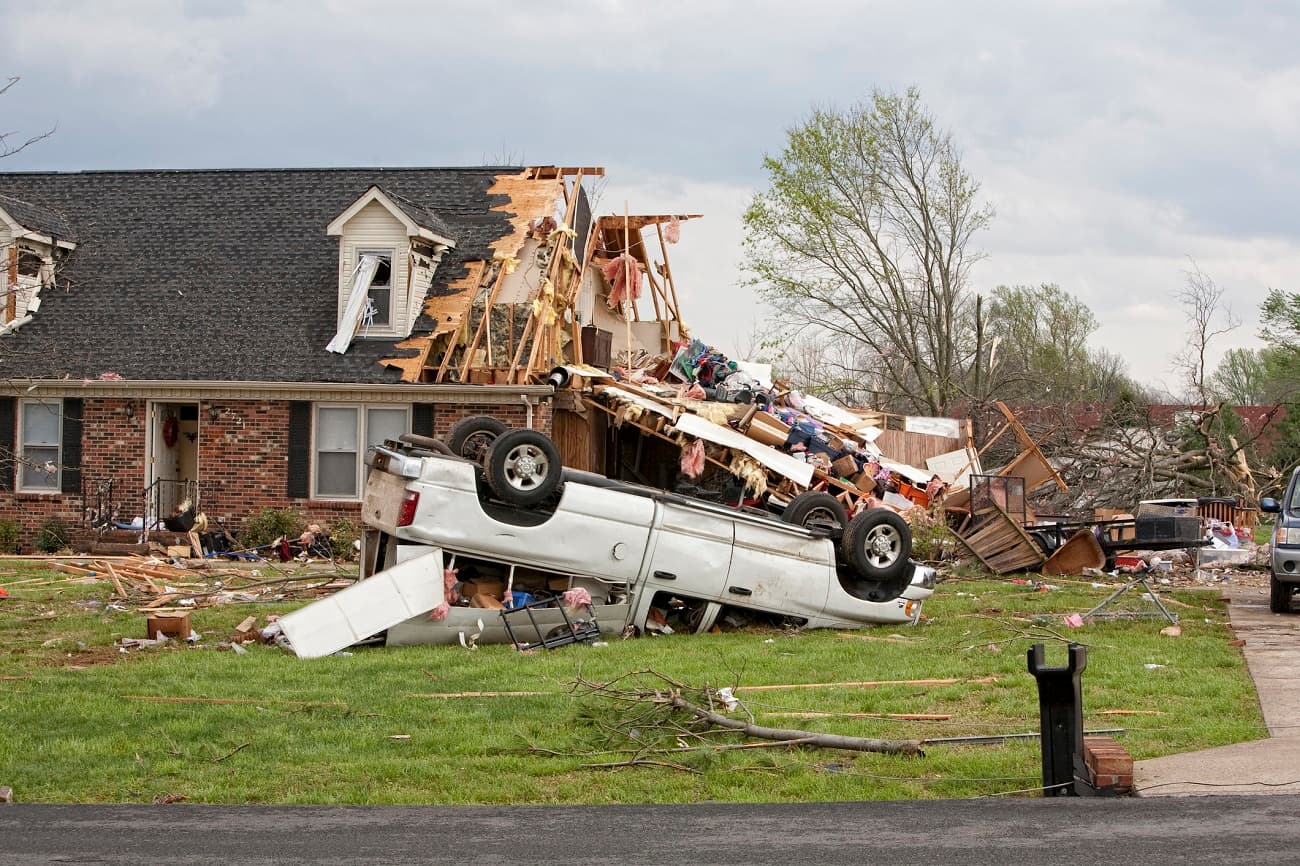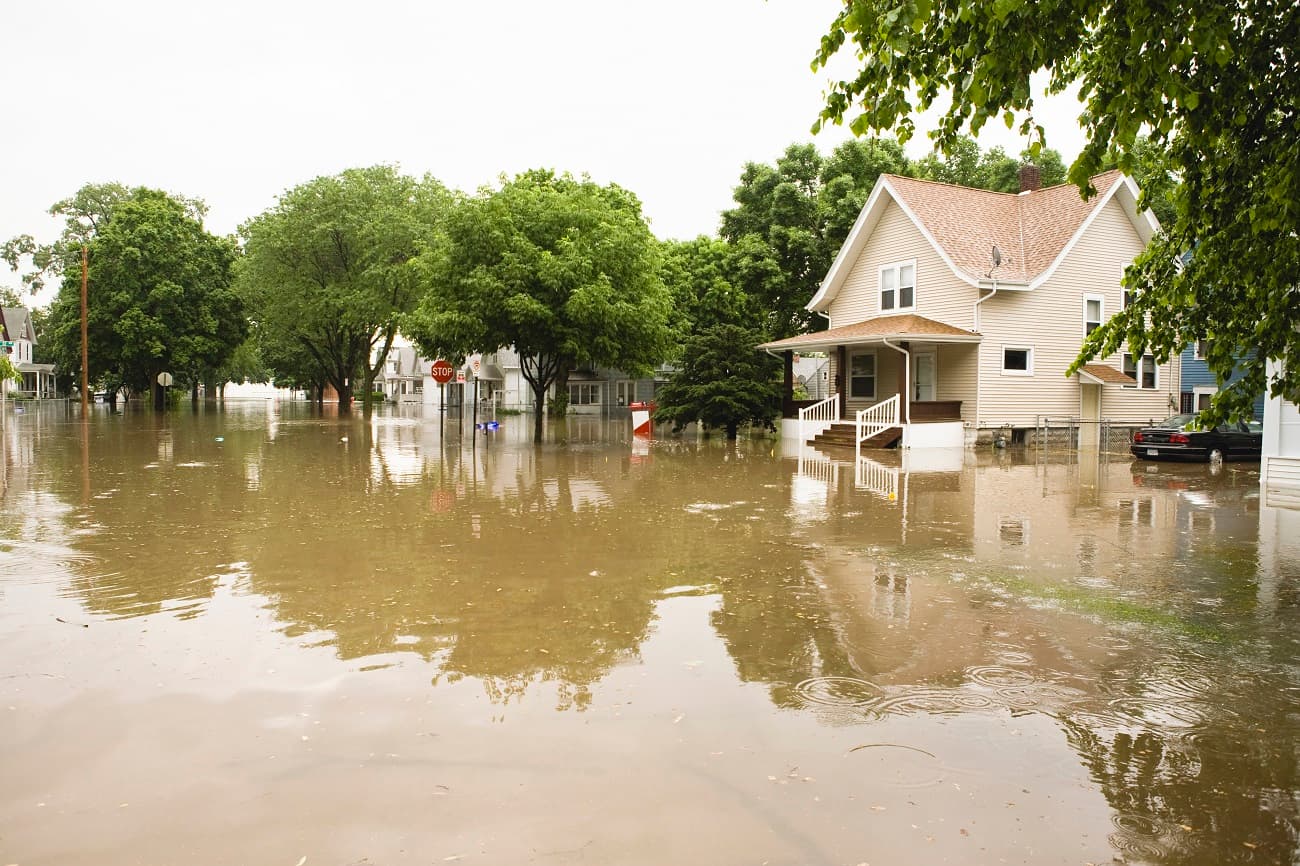Originally published on 07/27/2020
When disaster strikes a property during a pending real estate transaction, many important issues must be addressed. The health and safety of everyone involved is of the utmost concern.
Be aware of these five issues so you can help your clients navigate their way through this difficult time.
1. Clients
- Speak with your clients as soon as possible. Keep everyone informed as much as possible, both as to what is known and what is not known.
- Don’t panic, be patient, and try to encourage clients and customers to do the same. Many people are involved in this difficult situation, and you’ll all need to work together to figure it out.
2. Contracts
- Review the purchase agreement as most have provisions addressing damages that occur to the property prior to closing, and whether such damage occurs “in the ordinary course” or due to dramatic events like those you are now experiencing.
- Contracts may also contain provisions addressing what happens when one or both parties cannot perform for reasons beyond his or her control. Typically the provision holds that such non-performance is not a default. This provision is sometimes called “Force Majeure” or an “Acts of God” clause.
- The purchase agreement may also address under what circumstances a buyer or seller may change the closing date.
- The seller and buyer are always free to work together to amend the contract and obligations thereunder based on any new circumstances.
3. Law
- Apart from contractual provisions regarding loss or damage to property, state law may dictate which party – seller or buyer – bears the risk of loss during the pendency of a transaction. Check your state law (sometimes referred to as the Uniform Vendors and Purchasers Risk Act).
- Consult an attorney if there is any ambiguity as to interpretation of the purchase agreement, compliance with the purchase agreement given the change in conditions, a desire to amend the existing agreement, or a question about compliance with state law.
4. Insurance
- Advise your clients to file a homeowners insurance claim, or at least notify the carrier of the claim, as soon as possible.
- Document and inventory all damages in writing, photos, and video.
- Advise your clients to keep records of everything they spend on repairs and replacements.
- Helpful insurance filing tips are included in these articles:
- "After Hurricane Harvey: Tips for filing an insurance claim" -- Paul Davidson, USA Today
- “How to File a Homeowners Insurance Claim After a Fire” — Tobie Stanger, Consumer Reports
- For details on the National Flood Insurance Program (NFIP) claims process, visit File Your Claim on www.fema.gov.
5. Lending
- Buyers should check with the lenders to determine how they will handle re-inspections or re-appraisals that may be required.
- Sellers should notify their lender and inquire about fee waivers and deferment options.
- Both parties should ask lenders about additional costs and or timeframes caused by the disaster, even if the property is not in a designated FEMA disaster area.
Additional Resources
NAR has compiled the list below of federal government resources to assist members when natural disaster strikes.
Additional Resources from the Federal Government on Natural Disasterspdf (PDF: 784KB)











